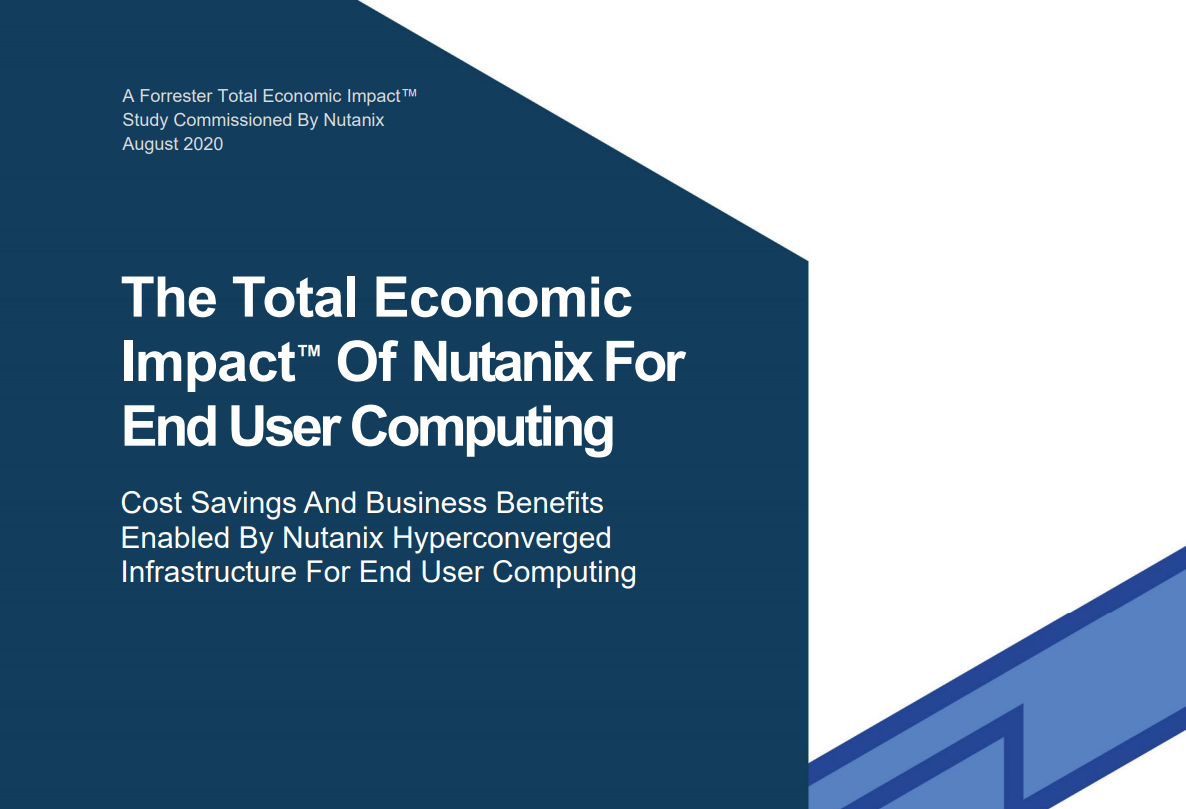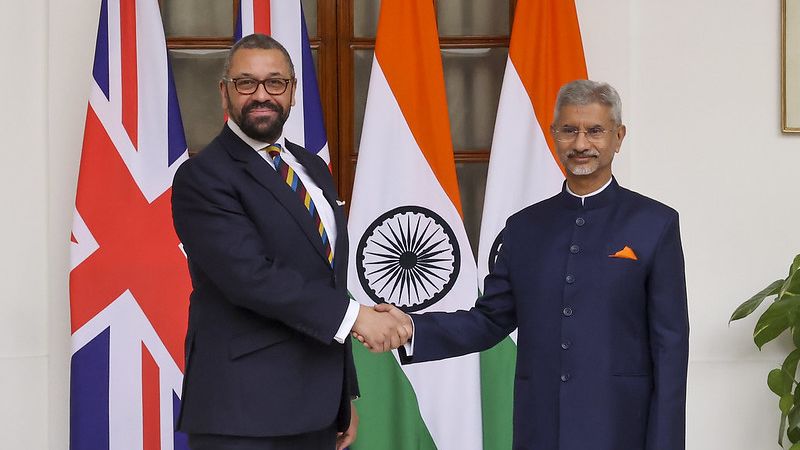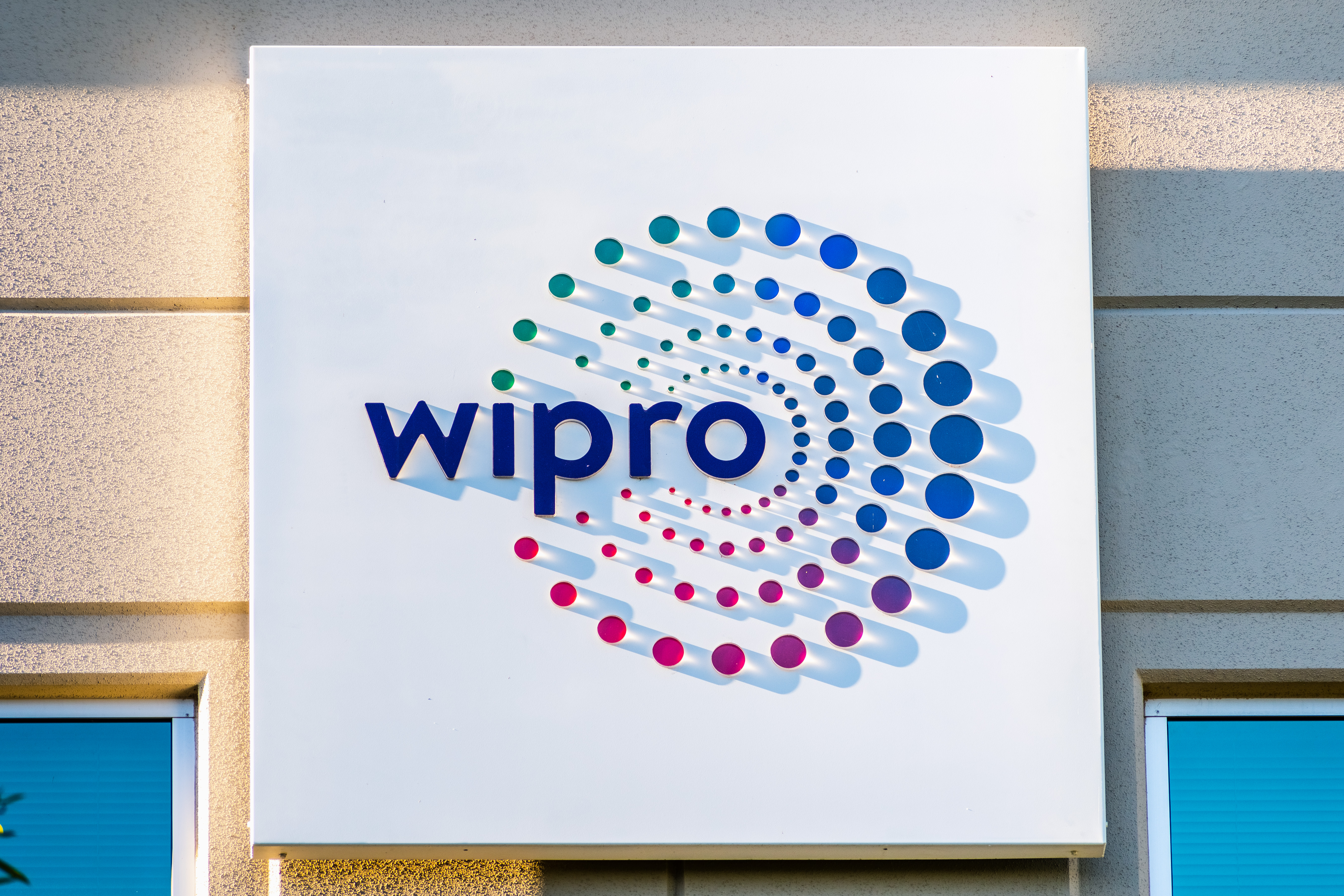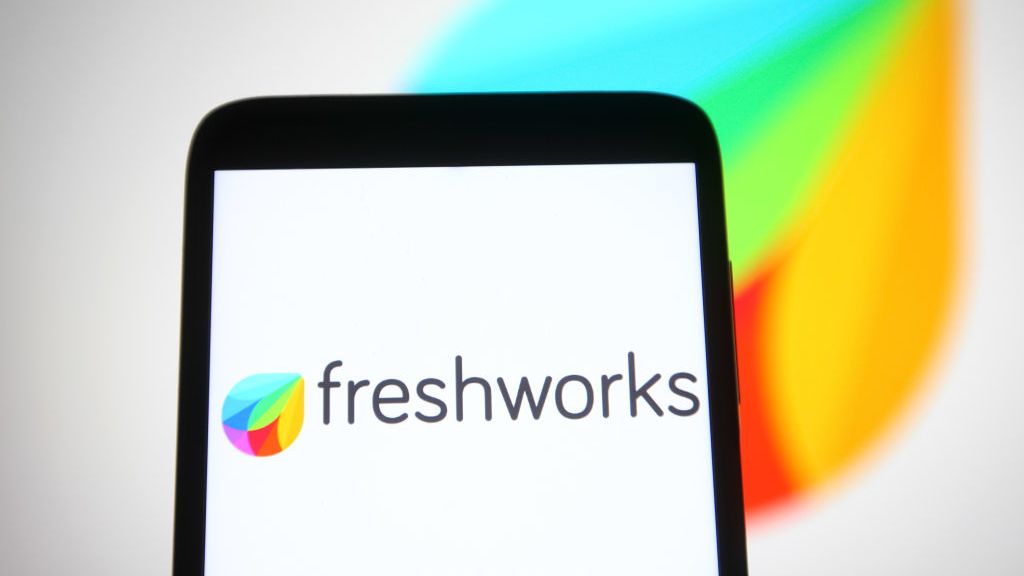Australia's National Archives given $67 million to digitise historical artefacts
WW2 service records and tapes of the Stolen Generation royal commission are said to be at risk in their current form


The Australian government has awarded the National Archives of Australia $67.7 million (£36.3 million) in funding in a bid to help the organisation preserve its at-risk records and overhaul its cyber security systems.
Assistant minister to the attorney-general senator, the Hon Amanda Stoker, told ABC that the funding would be used to preserve and digitise the National Archives’ most vulnerable collections, hire additional archivists and enhance cyber security. This includes an “accelerated” four-year digitisation programme and measures to “improve cyber-resilience capabilities”.
A number of records have been identified as being potentially at risk of being damaged or lost in storage, including 11 million photographic items and almost 400,000 audio-visual items on magnetic media and films. This includes service records of WW2 soldiers, recordings of indigenous languages and ceremonies, and tapes of the Stolen Generation royal commission, an investigation into how Aboriginal and Torres Strait Islander children were taken from their families.
National Archives of Australia director David Fricker told ABC the funding would be a “game-changer”.
"I'm pleased to report today that I think this funding is adequate to ensure those records at risk of loss will be rescued, which is great news," he said.
A report released in March 2021 by David Tune, a former Department of Finance secretary, found that the National Archives was struggling to invest in its digital systems and that as so many records had deteriorated they were at risk of being lost if action was not taken.
RELATED RESOURCE

The total economic impact of Nutanix for end user computing
Cost savings and business benefits enabled by Nutanix HCI for end user computing
“Resources are needed to invest in contemporary technologies that will meet the volume of digital transfer, preservation, storage, declassification, and public access required under the Act. Stronger cyber security measures are also an urgent priority. And the mandate to require better recordkeeping needs strengthening,” it said.
Get the ITPro daily newsletter
Sign up today and you will receive a free copy of our Future Focus 2025 report - the leading guidance on AI, cybersecurity and other IT challenges as per 700+ senior executives
With a lack of funding from the government, the National Archives had previously turned to crowdfunding, with most of its donations coming from the public via its website.
In the UK, the Imperial War Museum recently revealed how its system updates, stores, and protects the records of past conflicts, and the challenges that have come with this.
Its primary digital archive uses tape drives, given the medium's stability, high capacity, and cost-effectiveness for long-term storage, compared to spinning-disk or solid state drives. In contrast to other organisations, which can streamline their data intakes and offload older data, the IWM has to retain the vast bulk of its digital assets in perpetuity.
Zach Marzouk is a former ITPro, CloudPro, and ChannelPro staff writer, covering topics like security, privacy, worker rights, and startups, primarily in the Asia Pacific and the US regions. Zach joined ITPro in 2017 where he was introduced to the world of B2B technology as a junior staff writer, before he returned to Argentina in 2018, working in communications and as a copywriter. In 2021, he made his way back to ITPro as a staff writer during the pandemic, before joining the world of freelance in 2022.
-
 Boomi snaps up former MuleSoft executive as APJ channel lead
Boomi snaps up former MuleSoft executive as APJ channel leadNews Global software veteran Jim Fisher will work to expand the company’s channel operations across the region
By Daniel Todd
-
 Why Microsoft Teams has only just launched in China
Why Microsoft Teams has only just launched in ChinaNews The tech giant has officially launched Teams via its local partner in China, after it was launched globally in 2017
By Zach Marzouk
-
 UK startup's Equinix deal marks step towards broad quantum computing access
UK startup's Equinix deal marks step towards broad quantum computing accessNews Businesses around the world will be able to use its quantum computing as a service platform through Equinix
By Zach Marzouk
-
 MI5 to establish new security agency to counter Chinese hacking, espionage
MI5 to establish new security agency to counter Chinese hacking, espionageNews The new organisation has been compared to GCHQ’s NCSC, and will provide companies advice on how to deal with Chinese companies or carry out business in China
By Zach Marzouk
-
 UK set to appoint second-ever tech envoy to Indo-Pacific region
UK set to appoint second-ever tech envoy to Indo-Pacific regionNews The role will focus on India after Joe White was made the first technology envoy, a role focused on the US, in 2020
By Zach Marzouk
-
 Wipro faces criticism after cutting graduate salaries by nearly 50%
Wipro faces criticism after cutting graduate salaries by nearly 50%News Graduates were given days to decide whether they would accept greatly reduced pay offers, prompting union action
By Rory Bathgate
-
 Freshworks appoints Sandie Overtveld as new SVP of APJ and MEA
Freshworks appoints Sandie Overtveld as new SVP of APJ and MEANews The digital transformation veteran brings years of regional expertise to lead Freshworks’ growth strategy
By Daniel Todd
-
 Suncorp signs three-year Azure deal to complete multi-cloud migration by 2024
Suncorp signs three-year Azure deal to complete multi-cloud migration by 2024News The financial services firm seeks to wind down its on-prem data centres and wants 90% of its workloads in the cloud by the end of the year
By Zach Marzouk

